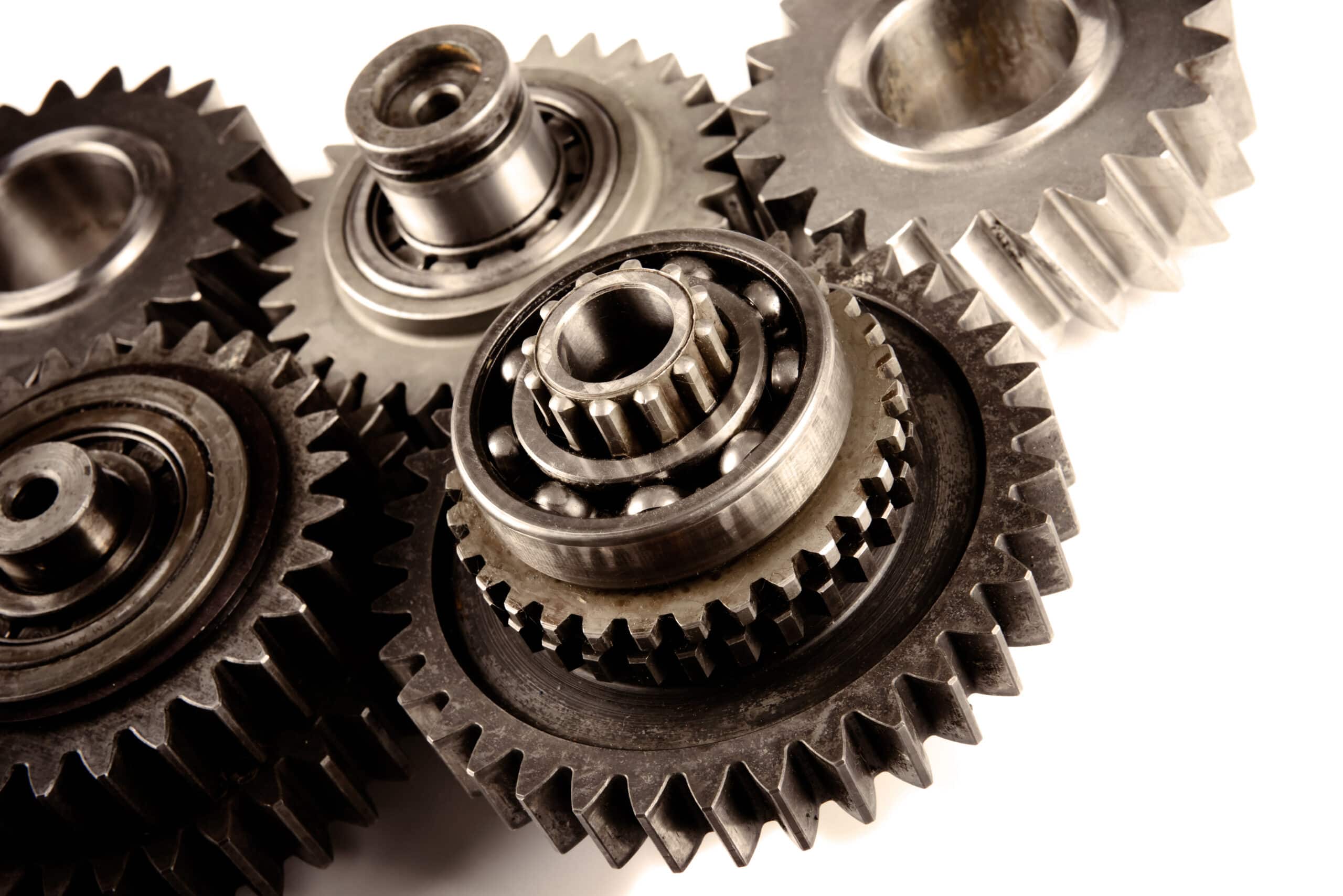The torque converter is a critical component of an automatic transmission, responsible for transmitting power from the engine to the transmission. It plays a key role in the smooth operation and efficiency of the transmission system. However, torque converter lockup problems can occur, leading to various issues and impacting the overall performance of your vehicle.
When the torque converter lockup system malfunctions, it can result in symptoms such as shuddering, slipping gears, overheating, and decreased fuel efficiency. These issues not only affect the driving experience but can also lead to costly repairs if left unaddressed.
Understanding the common torque converter lockup problems, their symptoms, causes, and potential solutions is crucial for any vehicle owner or enthusiast. By familiarizing yourself with these issues, you can diagnose problems early and take appropriate action to ensure the proper functioning of your vehicle’s transmission system.
What we will go over
In this blog post, we will delve into exploring the signs that indicate a problem, the underlying causes behind these issues, and the possible solutions to resolve them. Whether you’re a car owner or simply interested in understanding the complexities of automatic transmissions, this comprehensive guide will equip you with the knowledge you need to identify and address torque converter lockup problems effectively.
So, let’s dive in and discover the common torque converter lockup problems that can occur, empowering you to take control of your vehicle’s transmission health and ensure a smooth and reliable driving experience.
What is torque converter lockup?
Torque converter lockup is a feature in automatic transmissions designed to improve fuel efficiency and reduce heat generation. When the torque converter lockup engages, it mechanically links the engine’s output to the transmission, creating a direct connection and eliminating the slip that occurs within the torque converter during normal operation. This reduces power loss and improves overall efficiency.
What are the common symptoms of torque converter lockup problems?
- Shuddering or Vibrations: You may experience shuddering or vibrations while driving at certain speeds, particularly during acceleration or when the torque converter lockup engages or disengages.
- Slipping Gears: If the torque converter lockup fails to engage or disengage properly, you may notice the transmission slipping in and out of gear, resulting in erratic shifting or difficulty maintaining speed.
- Overheating: A malfunctioning torque converter lockup can lead to increased heat generation within the transmission, causing it to overheat. This can result in a decrease in performance and potential damage to the transmission components.
- Poor Fuel Efficiency: One of the primary purposes of torque converter lockup is to improve fuel efficiency. If you notice a sudden decrease in fuel economy, it could indicate a problem with the torque converter lockup mechanism.
What are the common causes of torque converter lockup problems?
Several factors can contribute to torque converter lockup problems. These include:
- Faulty Solenoids: The torque converter lockup system relies on solenoids to control the engagement and disengagement of the lockup mechanism. If the solenoids become faulty or malfunction, it can lead to issues with torque converter lockup.
- Electrical Problems: Electrical issues, such as faulty wiring or a malfunctioning transmission control module (TCM), can disrupt the communication between the TCM and the torque converter lockup solenoids, resulting in lockup problems.
- Fluid Contamination: Contaminated transmission fluid, caused by debris, sludge, or worn-out components, can hinder the proper operation of the torque converter lockup mechanism. This can lead to slipping, shuddering, or complete failure of the lockup system.
- Mechanical Wear and Tear: Over time, the internal components of the torque converter, such as the clutch plates or bearings, can wear out, leading to lockup problems. Additionally, damaged or worn seals can also contribute to torque converter issues.
How can torque converter lockup problems be resolved?
Resolving torque converter lockup problems typically requires a professional diagnosis and repair. The specific solution will depend on the underlying cause of the problem. Common solutions include:
- Fluid and Filter Replacement: If the issue is related to contaminated fluid, performing a transmission fluid and filter replacement can help restore proper operation. This removes debris and contaminants, allowing the lockup mechanism to function correctly.
- Solenoid Replacement: Faulty or malfunctioning solenoids can be replaced to restore proper engagement and disengagement of the torque converter lockup system. A qualified technician will diagnose the faulty solenoid and replace it as necessary.
- Electrical Repairs: Electrical issues, such as wiring problems or a malfunctioning TCM, may require repairs or replacement. This ensures proper communication between the TCM and the torque converter lockup solenoids.
- Torque Converter Replacement: In more severe cases where the torque converter itself is damaged or worn beyond repair, a complete torque converter replacement may be necessary.
Conclusion:
Torque converter lockup problems can significantly affect the performance and efficiency of your vehicle’s transmission system. Recognizing the symptoms, understanding the causes, and seeking professional repairs are crucial for resolving these issues promptly. By addressing torque converter lockup problems, you can restore the smooth operation of your transmission, prevent further damage, and ensure the optimal functioning of your vehicle.
If you experience any of the mentioned symptoms or suspect torque converter lockup problems, consult a qualified technician for a thorough diagnosis and appropriate repairs. Contact us today for more information!
